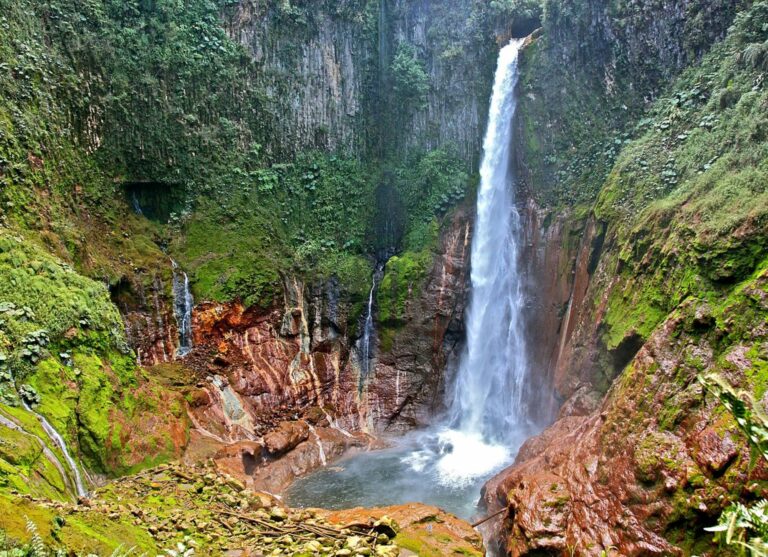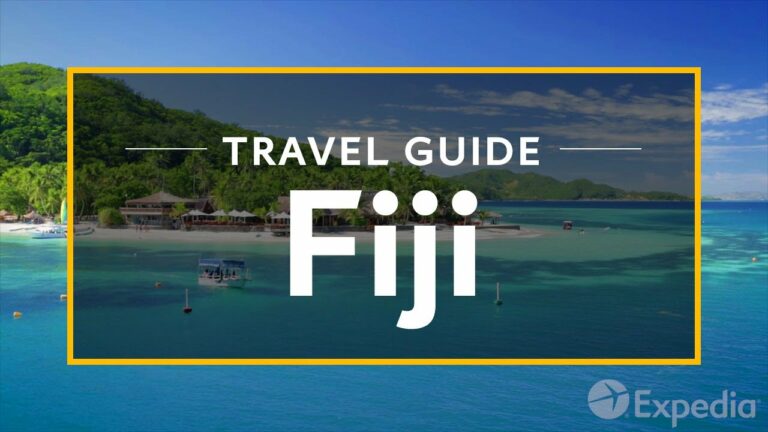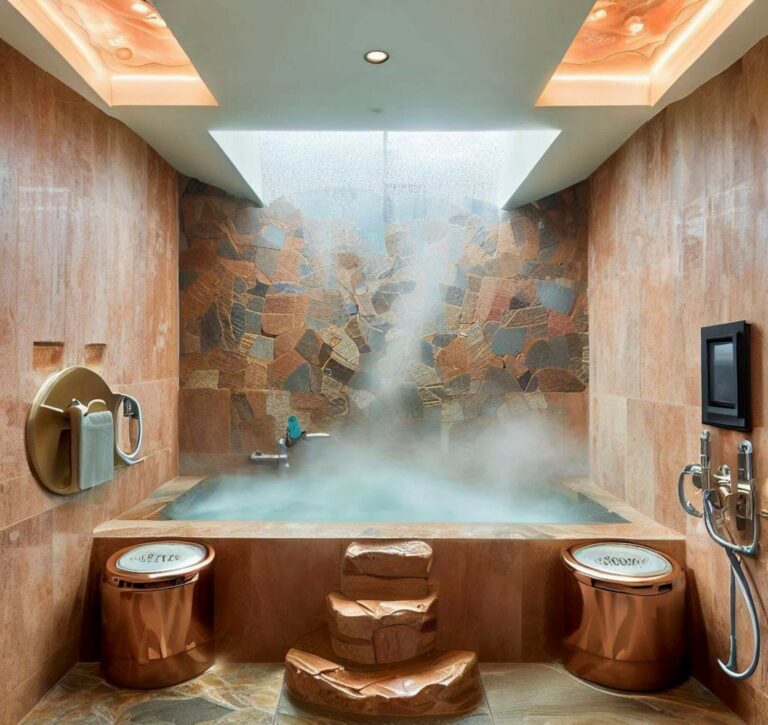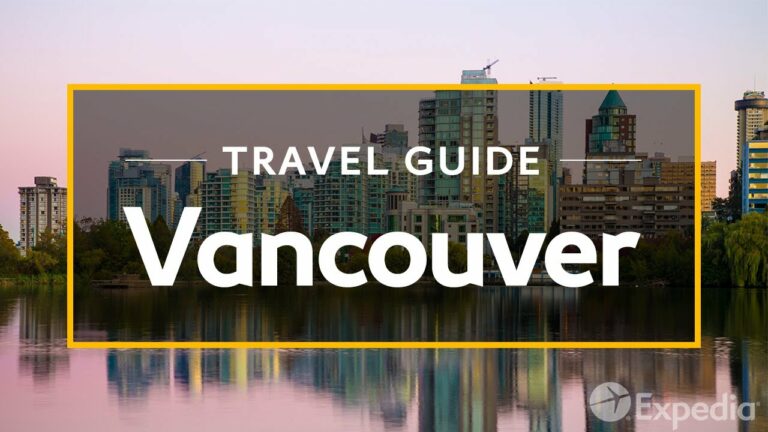Exploring Portugal’s Hidden Gems with Your Campervan
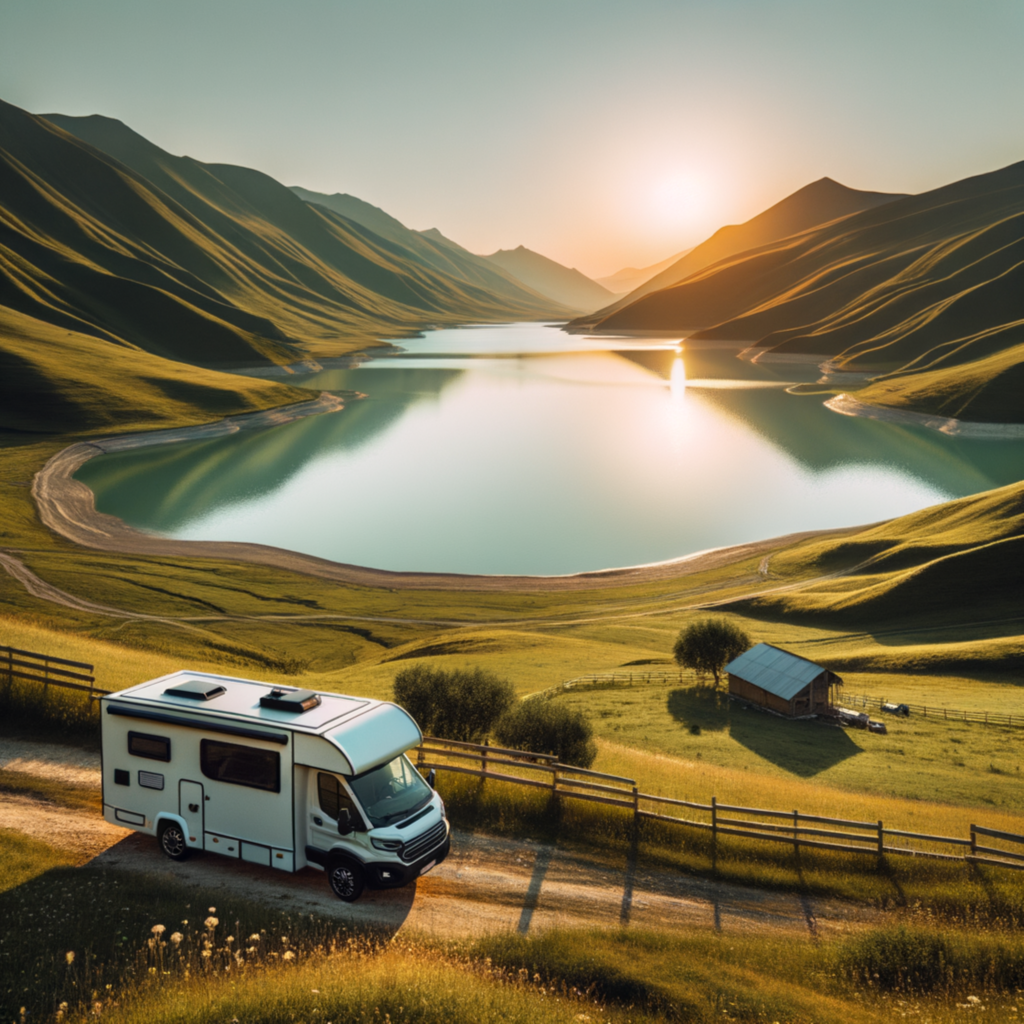
Embark on an unforgettable adventure as you explore Portugal’s hidden gems with your campervan. Portugal is a beloved destination for campervan and motorhome travel, offering:
- stunning coastlines
- breathtaking natural parks
- picturesque cities
- delectable wines.
This comprehensive guide equips you with valuable information on driving, overnight stays, wild camping, motorhome services, and popular destinations. Whether you choose to sail to Spain or drive through France, there are two main routes to reach Portugal from the UK.
With campervan and motorhome rentals available in Portugal, catering to different budgets and needs, you can embrace the freedom of the open road.
Stay updated on:
- the impact of Brexit on campervan travel
- visa requirements
- travel duration restrictions
- food import regulations
- mobile data usage
- pet travel guidelines
Discover the best time to visit Portugal for campervan travel, from the pleasant winter months in the Algarve to the vibrant beauty of spring. Additionally, uncover valuable tips for campervan rental and motorhome stays, making your journey seamless and unforgettable.
Get ready to unlock the hidden wonders of Portugal’s diverse landscapes and rich culture as you embark on this captivating campervan adventure
Driving in Portugal
Portugal is a fantastic destination for campervan and motorhome travel, offering stunning coastlines, beautiful natural parks, picturesque cities, and exquisite wines. If you’re planning a campervan adventure in Portugal, it’s essential to familiarize yourself with:
- the country’s driving license requirements
- road rules and regulations
- toll roads and vignettes
- parking and overnight stay options
Driving License Requirements
To drive in Portugal, you must have a valid driving license. If you hold a driving license issued by a country within the European Union or the European Economic Area, you can freely use your license to drive in Portugal.
However, if you’re from a non-EU/EEA country, you may need to obtain an International Driving Permit (IDP) before arriving in Portugal. It’s always a good idea to check the specific requirements with the embassy or consulate of your home country.
Road Rules and Regulations
When driving in Portugal, it’s crucial to adhere to the country’s road rules and regulations. Some important rules to remember include:
- driving on the right-hand side of the road
- giving way to cars coming from the right at intersections without traffic lights
- using seat belts at all times
- The speed limits in Portugal vary, but generally, the limit is 50 km/h in urban areas, 90 km/h outside urban areas, and 120 km/h on motorways
It’s important to obey the speed limits and always be aware of any specific rules or signs particular to the area you are driving in.
Toll Roads and Vignettes
Portugal has an extensive network of toll roads, including highways and motorways. There are two types of tolls in Portugal: electronic tolls and manual tolls.
Electronic tolls use an automatic toll system, and vehicles need to have an electronic device called an “electronic toll service” installed.
Manual tolls require payment at toll booths.
It’s important to familiarize yourself with the toll road system and understand which roads have tolls and how to pay them. It’s recommended to check with your rental company about their policies regarding toll payments.
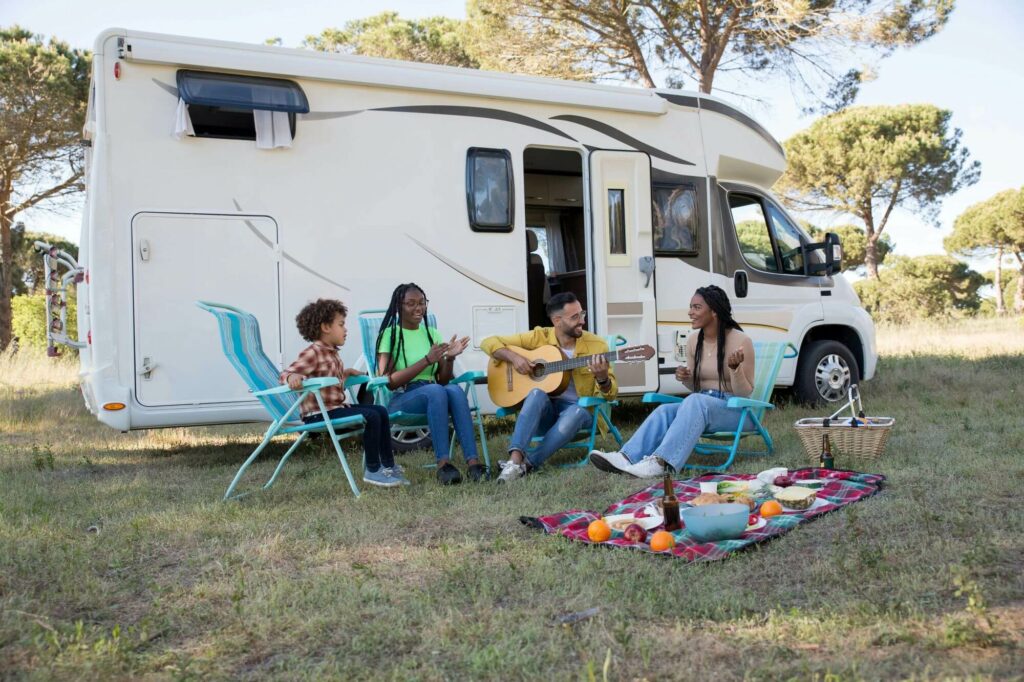
Parking and Overnight Stays
Finding suitable parking and overnight stay options for your campervan or motorhome is essential for a comfortable travel experience in Portugal. Many cities and towns offer designated parking areas specifically for campervans and motorhomes.
These areas often include facilities:
- such as water points
- waste disposal points
- electricity hook-ups
It’s advisable to plan your overnight stays in advance and check for any specific regulations or restrictions in the area you plan to visit. Additionally, there are also campsites and private car parks that allow overnight stays for campervans and motorhomes for a fee.
Wild Camping in Portugal
If you’re an adventurous camper looking to immerse yourself in nature, wild camping can be a thrilling experience in Portugal. However, it’s important to be aware of the regulations, follow safety guidelines, and practice responsible camping to protect the environment and ensure a positive experience
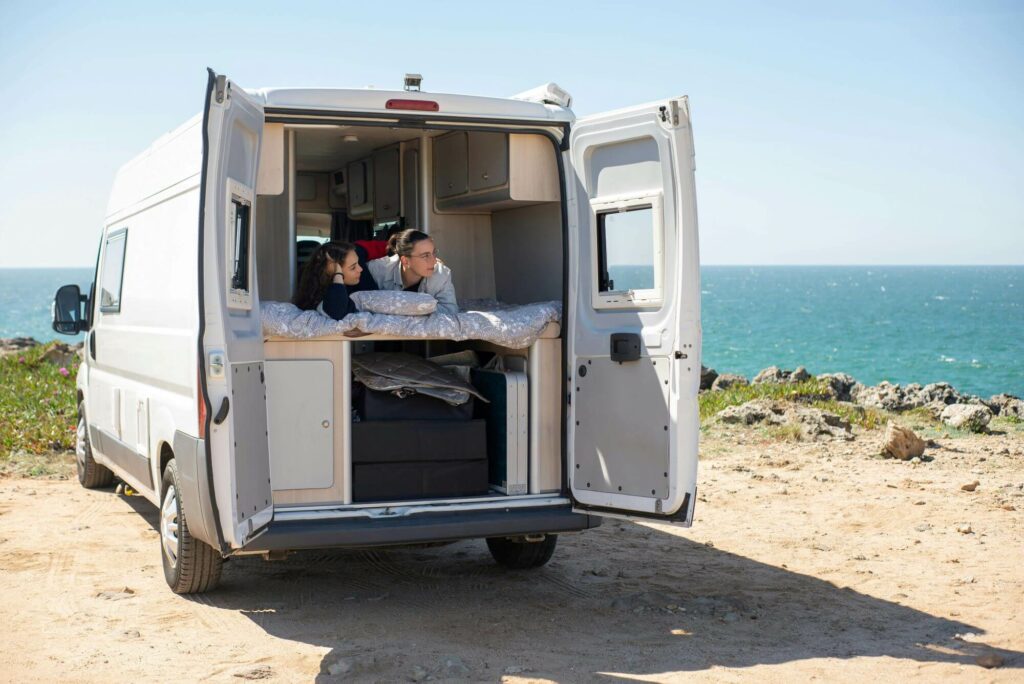
In Portugal, wild camping is only allowed in designated areas, such as official campsites or spots specifically designated for wild camping. It’s important to respect these regulations and not camp in unauthorized places, as it can lead to fines and damage to the environment. The “Código Civil” (Civil Code) in Portugal states that camping is only allowed with the landowner’s permission or in designated areas.
Popular Wild Camping Spots
Some popular spots for wild camping include the:
- Peneda-Gerês National Park
- Serra da Estrela Natural Park
- Costa Vicentina.
These areas offer stunning views, hiking trails, and opportunities to immerse yourself in nature. It’s important to research and plan your wild camping spots in advance, considering factors such as accessibility, safety, and availability of facilities.
Safety Tips for Wild Camping
When engaging in wild camping, it’s essential to prioritize safety. Follow these safety tips to ensure a safe and enjoyable experience:
- Inform someone: Let a friend or family member know about your camping plans, including your expected location and duration of stay.
- Research the area: Familiarize yourself with the terrain, weather conditions, local wildlife, and any potential hazards.
- Pack necessary supplies: Bring appropriate camping gear, including a first aid kit, sufficient food and water, insect repellent, and suitable clothing for the weather.
- Leave no trace: Practice Leave No Trace principles by leaving your camping spot as you found it, avoiding damage to the environment and wildlife.
- Be cautious of fire safety: Follow fire safety guidelines, use designated fire pits if available, and never leave a fire unattended.
Responsible Camping Practices
To protect the natural beauty of Portugal and ensure a sustainable camping experience for future travelers, it’s vital to practice responsible camping. Here are some key practices to follow:
- Dispose of waste properly: Use designated waste disposal points or facilities provided at campsites. If wild camping, carry out any trash and dispose of it responsibly.
- Minimize your footprint: Camp in designated areas whenever possible and avoid damaging vegetation or disturbing wildlife.
- Conserve water and energy: Use water and electricity sparingly, and consider using eco-friendly products or methods whenever possible.
- Respect wildlife and local communities: Observe wildlife from a distance, avoid feeding or disturbing them, and be respectful of local communities’ customs and traditions.
- Educate yourself and others: Stay informed about environmental issues and share your knowledge with fellow travelers, encouraging responsible camping practices.
We hope this article has inspired you to step out of your comfort zone and embrace adventure, allowing yourself to be free and wild. zone and go that extra mile to have a more adventurous, wild, and free experience.

